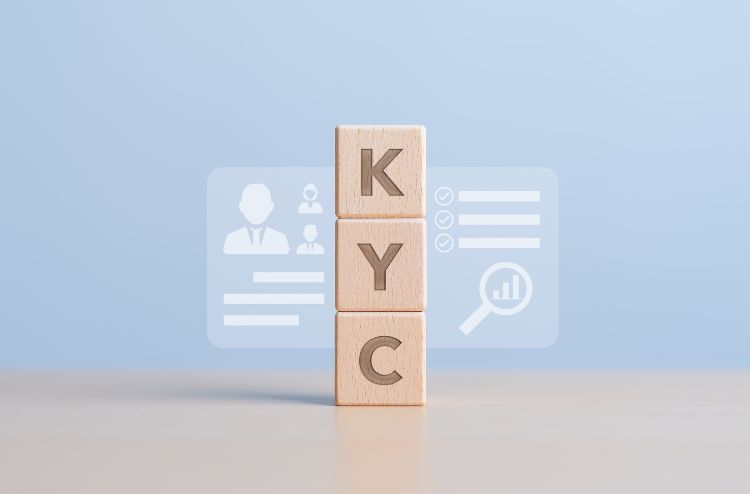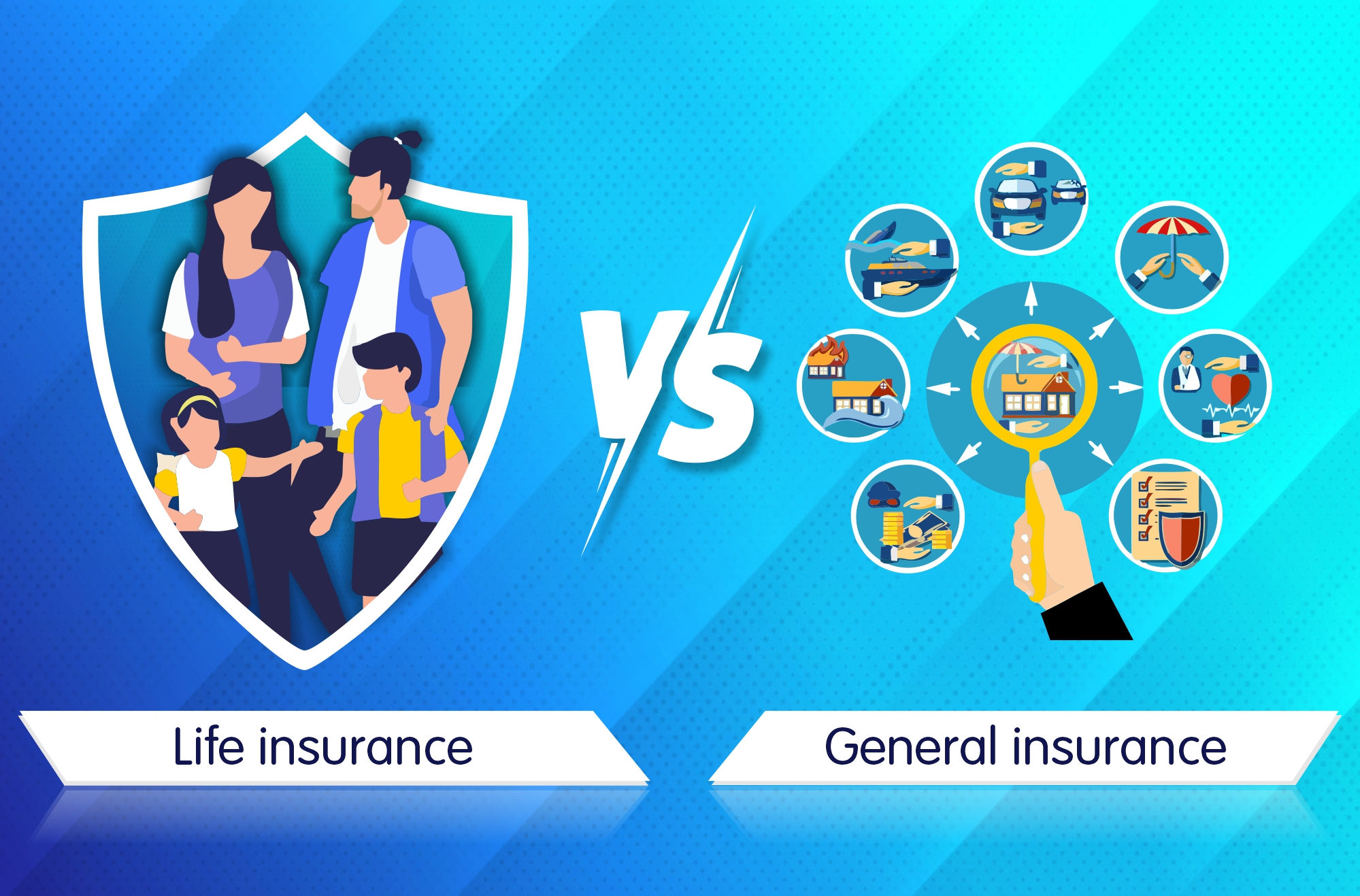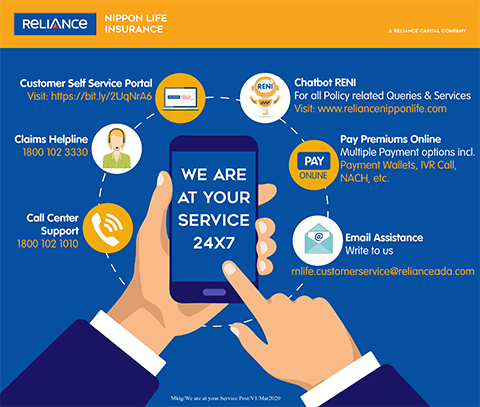KYC in Life Insurance: Keeping Your Policy Safe
Know Your Customer (KYC) plays a vital role in verifying the identity and address of customers. Life Insurance companies, like other financial institutions, are required to fulfil KYC requirements to prevent fraud, money laundering, and terrorism financing. Financial institutions are mandated to collect KYC details of customers and update these at regular intervals. While this could put additional onus on customers, it often helps safeguard against the risks associated with fraud and other illicit activities.
Understanding KYC in Life Insurance
KYC, short for Know Your Customer, refers to the process of verifying the identity and address of a customer for their policies. This crucial step ensures that insurance companies can authenticate the policyholder's details. KYC verification takes place during multiple stages of policy ownership, beginning with policy issuance and taking place at various intervals as mandated by the insurance company or the IRDAI. The updated information about customer’s whereabouts helps insurance companies communicate with customers effectively, update on benefit accruals as well as for paying any policy benefits.
Importance of KYC in Life Insurance
KYC is a mandatory requirement for individuals seeking to purchase a life insurance policy. By adhering to KYC protocols, insurance companies can verify the identity and address of policyholders, ensuring that policies are issued to the correct individuals. Without proper KYC verification, individuals could potentially buy policies under false pretenses or use someone else's identity.
When is KYC Required?
KYC is necessary when an individual intends to purchase a life insurance policy. Additionally, policyholders must provide their KYC details when filing a claim, surrendering a policy, or making changes to their nominees besides annual verification conducted by most insurance companies.
The KYC Process in Life Insurance
Along with the Application Form and the first premium, applicants are requested to submit KYC documents to ensure the authenticity of the applicant’s identity, age, and residence.Below is a list of documents that may be requested by an insurance company while applying for a policy -
-
Identity Proof:
PAN card, Aadhaar card, Voter's ID card, Passport, Driving license, and other government-issued identification. -
Address Proof:
Electricity, telephone, and gas bills, bank statements, rent agreements, and other government-issued identification. -
Photograph:
A recent passport-sized photograph is also included as part of the KYC documents.
Types of KYC
There are two primary types of KYC processes employed by insurance companies:
- Offline KYC: In this method, customers are required to submit physical copies of their KYC documents to the insurance company. The company will then verify the documents and complete the KYC process.
- Online KYC: With online KYC, customers have the convenience of completing the process digitally. By uploading scanned copies of their KYC documents on the insurance company's website, customers can initiate the verification process.After submission, the insurance company will review the documents, and intimate the applicant regarding the successful verification or otherwise. In case of objections raised, the applicant may need to submit a fresh set of documents or, just the specific document requested by the insurance company.
How KYC can be beneficial
KYC in life insurance serves various important purposes:
- Preventing Fraud: By verifying the identity and address of policyholders, insurance companies can reduce the risk of fraudulent activity. KYC acts as a safeguard against individuals purchasing policies using false identities or someone else's details.
- Mitigating Money Laundering and Terrorism Financing: KYC helps financial institutions, including insurance companies, comply with regulations aimed at combating money laundering and terrorism financing. By thoroughly verifying the identity and address of policyholders, insurance companies contribute to efforts to prevent these illicit activities.
- Enhancing Policyholder Experience and Security: From time-to-time insurance companies offer customised insurance solutions to meet specific needs of policyholders. KYC ensures that such offers reach out to the right policyholders. Additionally, KYC also ensures that the policyholders’ identity is not used by miscreants to issue policy in their own names.
Conclusion
Know Your Customer (KYC) is a fundamental process in the life insurance industry. By verifying the identity and address of policyholders, insurance companies can prevent fraud, money laundering, and terrorism financing. KYC also enhances the security of policyholders by ensuring that policies are issued to the correct individuals. Whether completed offline or online, the KYC process plays a pivotal role in facilitating a secure and reliable insurance experience. So, the next time your insurance company asks for KYC, know that it is for the security of your investments and you.
Visit Us: https://www.reliancenipponlife.com/
Disclaimer: http://bit.ly/2GZeRHI
Mktg/KYCblog/V1/Aug2023
Reliance Nippon Life Insurance Plans
PROTECTION PLANS
Secure your loved ones today!
SAVINGS PLANS
Be financially ready to achieve your goals
RETIREMENT PLANS
Invest now to enjoy life after retirement

















 Protection at affordable rates
Protection at affordable rates

